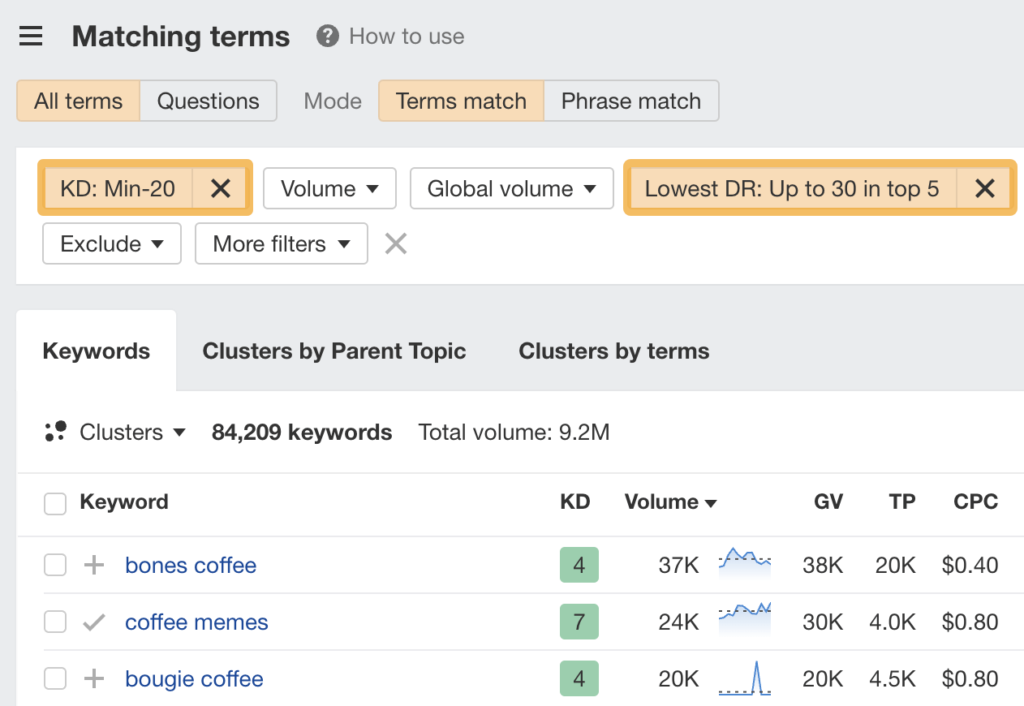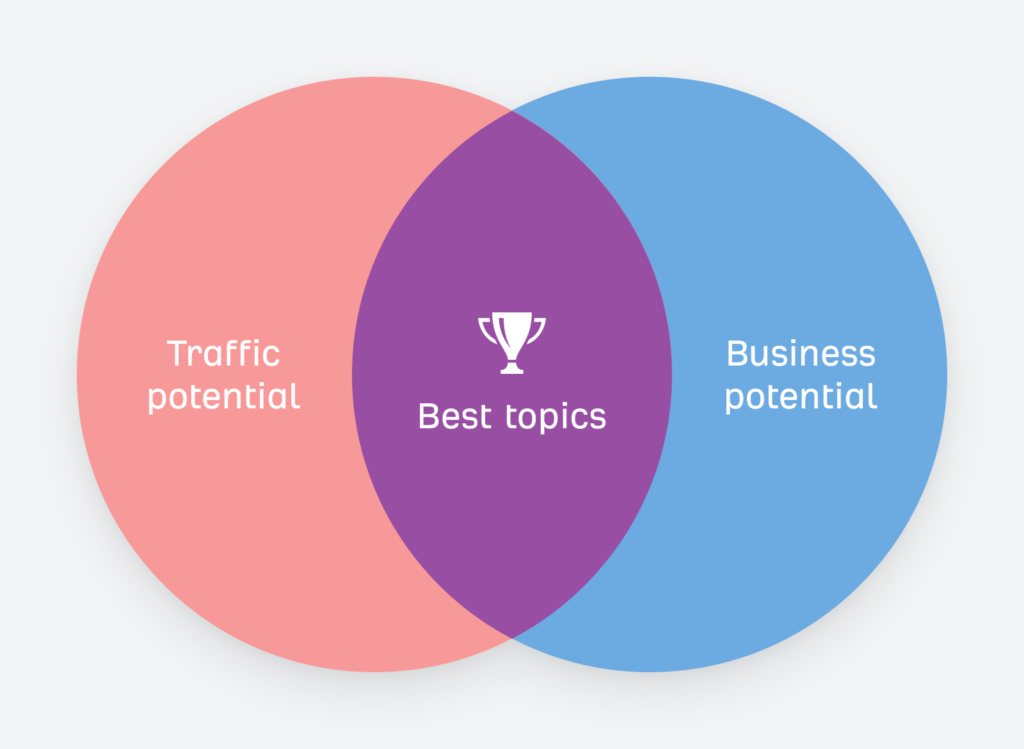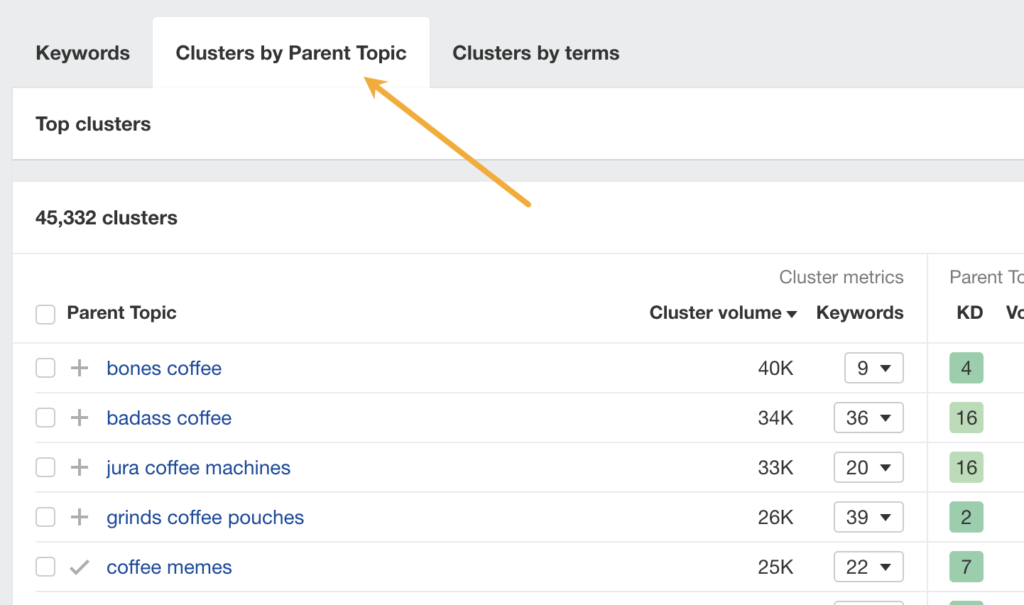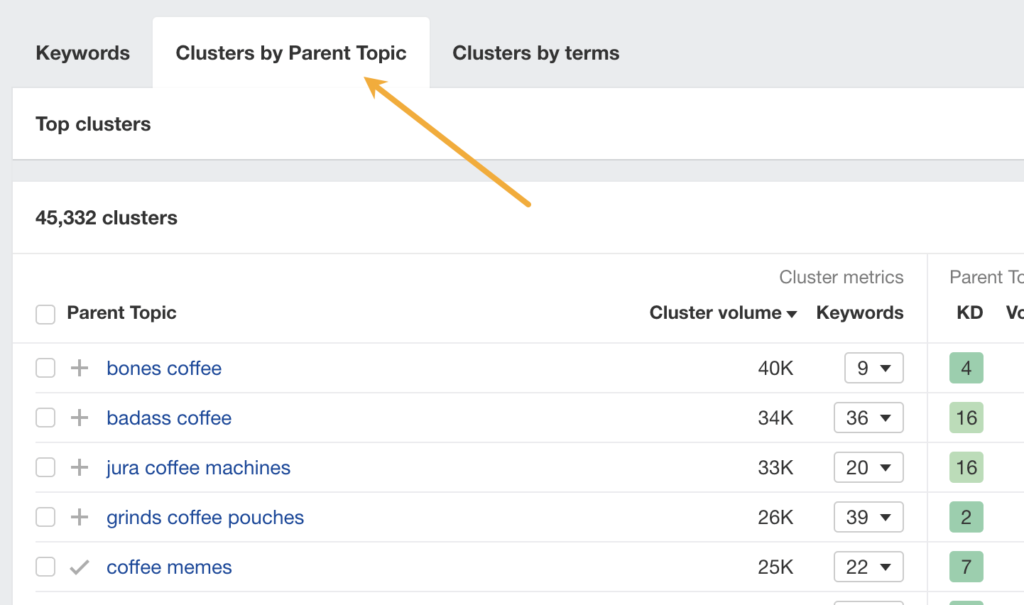In the world of SEO, keyword mapping plays a crucial role in driving organic traffic and optimizing your web pages. By grouping keywords into organized topics and assigning them to specific pages, keyword mapping helps you determine what new pages to create, what they should be about, and how to optimize existing pages. To create a powerful keyword map, you can start by using tools like Ahrefs’ Keywords Explorer to find relevant keywords related to your industry. Then, through keyword clustering, you can group similar keywords with the same intent. Taking into account keyword difficulty and traffic potential, you can map these topics to specific pages and identify secondary keywords that provide valuable insights into search intent. By tracking the performance of your keyword map, you can see if organic traffic increases for the targeted pages and make necessary adjustments. With the help of Google Sheets, you can efficiently assign tasks to team members or freelancers, ensuring a seamless implementation of your keyword mapping strategy.
The Importance of Keyword Mapping in SEO
Keyword mapping is an essential aspect of search engine optimization (SEO) that can greatly improve the visibility and performance of your website. By understanding how keywords relate to your industry and strategically assigning them to specific pages, you can optimize your content to attract more organic traffic and provide a better user experience. In this article, we will explore the importance of keyword mapping, the benefits it brings to your SEO efforts, the tools available for keyword mapping, and the step-by-step process to effectively implement it.

Understanding Keyword Mapping
Keyword mapping involves the process of grouping keywords into topics and assigning them to relevant pages within your website. By doing so, you create a structured blueprint that guides your content creation and optimization efforts. Keyword mapping allows you to analyze search intent and organize your website’s content in a way that aligns with user expectations. This helps search engines better understand the relevancy of your pages, resulting in improved search engine rankings and better visibility in search results.
Benefits of Keyword Mapping
Keyword mapping offers several key benefits that directly contribute to the success of your SEO strategy. Some of these benefits include:
- Determining New Page Creation: Keyword mapping helps you identify opportunities for creating new pages that specifically target different keyword clusters. This allows you to expand your website’s content and cater to the specific needs and interests of your target audience.
- Optimizing Existing Pages: By effectively mapping keywords to existing pages, you can optimize their content to better align with search intent. This includes adding relevant keywords, improving meta tags, headings, and URLs, and enhancing overall content quality. This optimization process enhances the visibility of your existing pages in search results.
- Enhancing Search Engine Visibility: Keyword mapping helps search engines understand the purpose and relevance of your pages. By effectively mapping keywords to specific pages, you can improve their visibility and increase the chances of appearing higher in search results for relevant search queries.
- Improving User Experience: A well-structured keyword map can significantly improve the user experience of your website. By organizing your content around specific topics and mapping keywords accordingly, users can easily find the information they are looking for. This results in more satisfied users who are more likely to engage with your content and convert into customers or subscribers.
- Increasing Organic Traffic: By strategically mapping keywords to pages and optimizing content for search intent, you can attract more organic traffic to your website. When your pages appear in search results for relevant keywords, you increase the chances of attracting qualified traffic that is more likely to convert into leads or customers.

Tools for Keyword Mapping
To effectively implement keyword mapping, it is important to utilize the right tools that can streamline the process and provide valuable insights. Here are some recommended tools for keyword mapping:
- Ahrefs’ Keywords Explorer: Ahrefs’ Keywords Explorer is a powerful tool that allows you to find relevant keywords related to your industry. It provides detailed information on search volume, keyword difficulty, and traffic potential, helping you make informed decisions when mapping keywords to pages.
- Keyword Clustering Tools: Keyword clustering tools group similar keywords together based on search result similarity. These tools help you identify keyword clusters and explore the relationships between different keywords, allowing for more efficient mapping of keywords.
- Google Sheets for Task Management: Google Sheets can be a valuable tool for assigning tasks related to keyword mapping. You can create a shared spreadsheet to assign specific tasks to team members or freelancers, ensuring that everyone is on the same page and the keyword mapping process is well-coordinated.
- Ahrefs’ Portfolios for Performance Tracking: Ahrefs’ Portfolios feature allows you to track the performance of your keyword map over time. You can monitor organic traffic increase for specific pages and track the overall effectiveness of your keyword mapping efforts.

Process of Keyword Mapping
Now that we understand the importance and benefits of keyword mapping, let’s dive into the step-by-step process of effectively implementing it. The process of keyword mapping can be broken down into the following steps:
Step 1: Finding Keywords
The first step in keyword mapping is finding relevant keywords related to your industry. You can utilize tools like Ahrefs’ Keywords Explorer to explore different keyword ideas. Look for keywords that have high search volume and are relevant to your target audience. Also, consider the keyword difficulty and traffic potential of each keyword when making your selection.
Step 2: Grouping Keywords
Once you have a list of keywords, the next step is to group them together based on similarity. Using keyword clustering tools can help automate this process by identifying keyword clusters that have the same intent. Grouping similar keywords together allows you to determine the overall topics that your website should cover.
Step 3: Mapping Topics to Pages
With your keywords grouped into topics, you can now map these topics to specific pages within your website. Consider the keyword difficulty and traffic potential of each topic when assigning them to relevant pages. This will help you prioritize your content creation and optimization efforts.
Step 4: Identifying Secondary Keywords
Within each topic, there may be additional insights that can be gained from identifying secondary keywords. Secondary keywords provide a deeper understanding of search intent and can help you further optimize your content. Analyze search intent related to each topic and identify secondary keywords that can be incorporated into your content.
Step 5: Taking Action
Based on your keyword map, determine the action that needs to be taken for each topic. This could include creating new pages, optimizing existing pages, or taking no action if the topic is already well-covered on your website. Make a clear plan of action for each topic based on its importance and relevance to your SEO strategy.
Step 6: Assigning Tasks
If you are working with a team or utilizing freelancers, it is important to assign specific tasks to individuals responsible for implementing the keyword mapping plan. Google Sheets can be used to create a shared spreadsheet where you can assign tasks, set deadlines, and track progress.
Step 7: Tracking Performance
To determine the effectiveness of your keyword mapping efforts, it is crucial to track the performance of your targeted pages. Ahrefs’ Portfolios feature can be used to monitor the organic traffic increase for specific pages mapped to keywords. Analyzing the performance data will help you make any necessary adjustments to your keyword map and further optimize your SEO strategy.
By following the step-by-step process of keyword mapping, you can effectively optimize your website’s content and improve its visibility in search results. Implementing a well-structured keyword map will not only attract more organic traffic but also enhance the user experience and contribute to the overall success of your SEO efforts.

